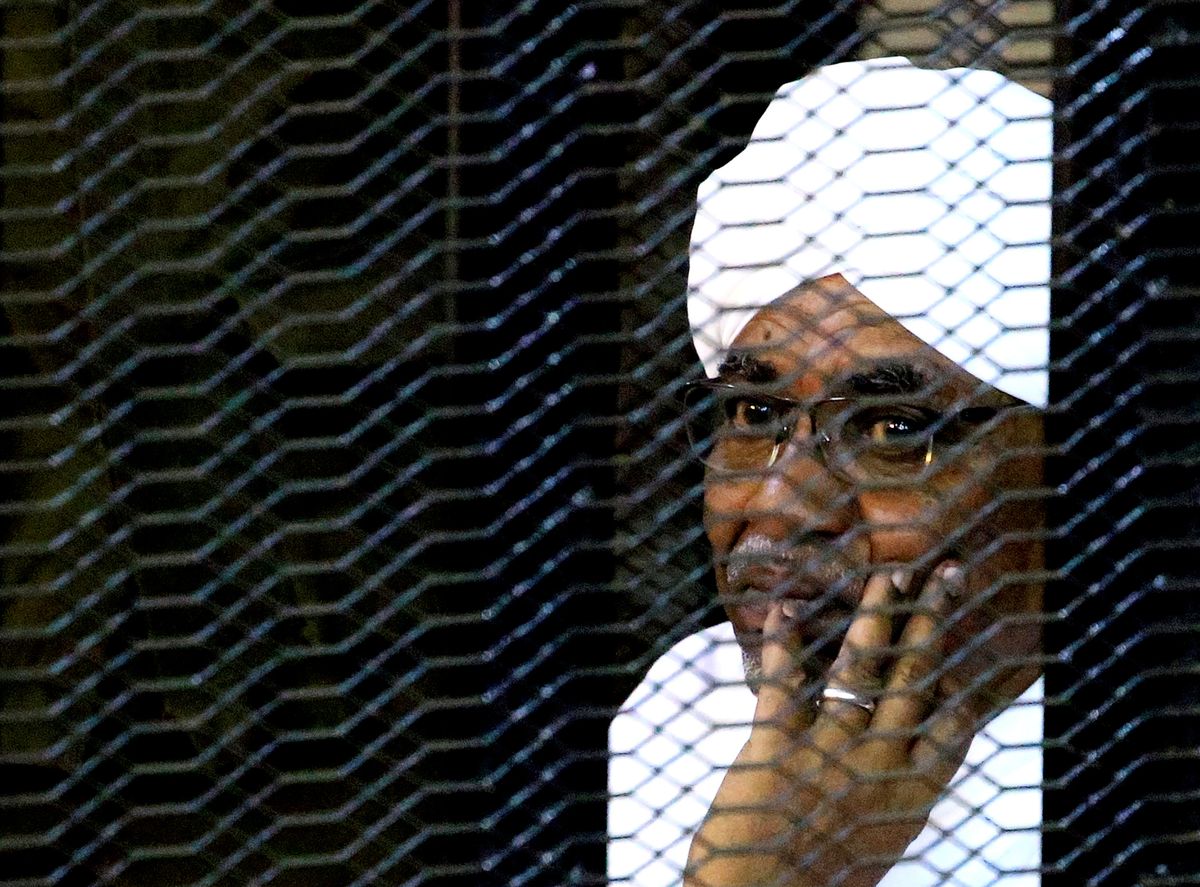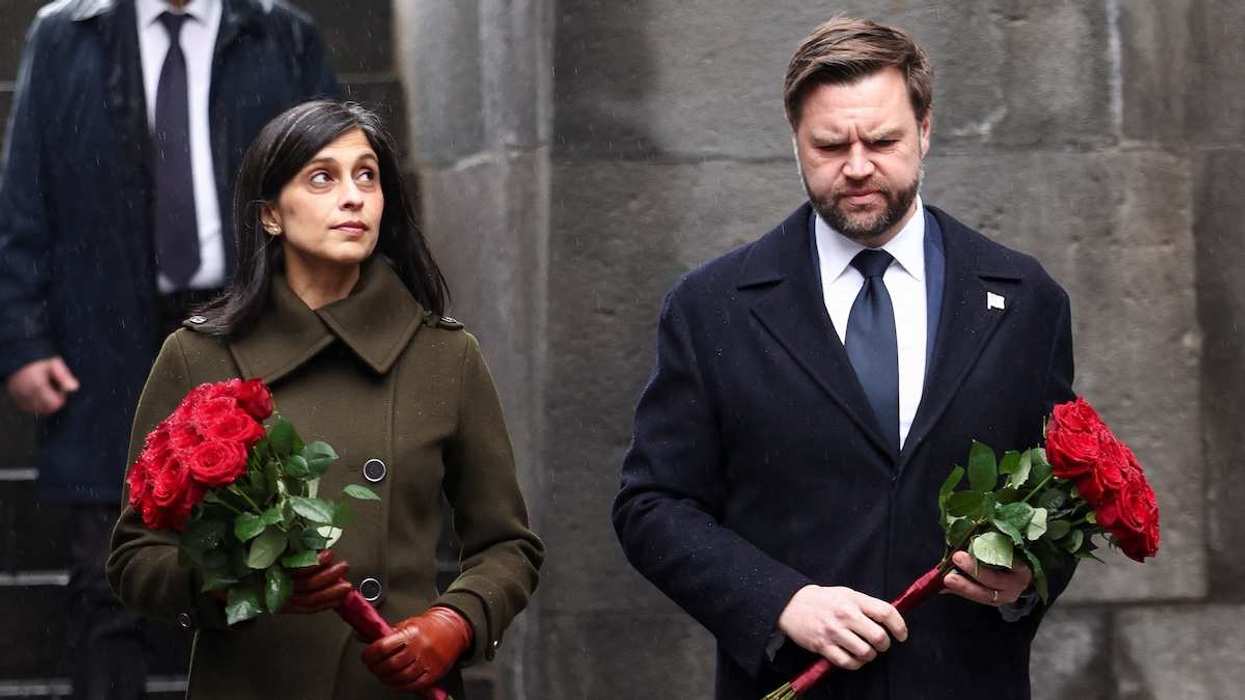Sudan's former strongman president, Omar al-Bashir, has spent years evading justice for alleged war crimes committed almost two decades ago. But the ex-dictator now seems set to face the music after Sudan's transitional government said that it would hand the 76-year-old over to the International Criminal Court (ICC) to face charges including an allegation of genocide. Here's what you need to know about Omar al-Bashir and the events that led him here.
The wily and brutal Omar al-Bashir assumed power in Sudan in an Islamist-backed coup in 1989, and quickly ramped up the Arab-dominated government's long-running war against black and Christian separatists in the country's oil rich South. Al-Bashir, who was ousted by mass protests against his longstanding autocracy last year, has been wanted by the top international court since 2009 over mass atrocities committed by government militia in the western region of Darfur, where 300,000 people were killed and almost 3 million were displaced.
Since being pushed from power, Al-Bashir has been sentenced by a Sudanese court to two years in a correctional facility on corruption charges (in Sudan people over the age of 70 can't serve jail terms) but his years of alleged crimes against humanity have not been reckoned with.
Until recently, many Sudanese had given up hope of seeing al-Bashir handed over for a genocide trial, particularly after members of Sudan's old guard – several of whom took part in the Darfur campaigns and could potentially face their own war crimes charges at The Hague – joined the civilian-military body currently overseeing Sudan's three-year transition period.
So, why are they giving him up now?
In pursuit of peace with Sudan's rebels: For months, Sudan's transitional government has been locked in peace talks with Darfuri rebel groups, trying to end a decades-long bloody stalemate. A temporary ceasefire is already in place, but handing over all those wanted in connection with the Darfur atrocities is part of the deal being negotiated with rebels. A breakdown in peace talks with the country's various rebel factions could undermine the country's extremely precarious transition.
Money, money, money: Decades of government corruption, as well as crippling US sanctions imposed for human rights abuses and support for terrorism, have choked Sudan's economy – inflation in Sudan is currently running around 63 percent. As the economy teeters on the brink of collapse, Sudan's government wants to be removed from the US sponsors of terrorism list, which would open it up to investment and much needed debt relief. The US says it's open to the idea, but not immediately. Bringing al-Bashir to justice could speed that process.
A new day in Sudan? Sudan's transitional government has taken some meaningful steps to recast its image on the world stage – including Prime Minister Abdalla Hamdok's recent visit to the war-torn rebel stronghold in the Nuba Mountains, opening it up to foreign aid after years of restricted humanitarian access. While details surrounding al-Bashir's potential extradition remain murky, sending him to face international justice would allow Sudan's new government to bridge rifts between its civilian and military wings, as well as burnish its reformist image at home and abroad.


















